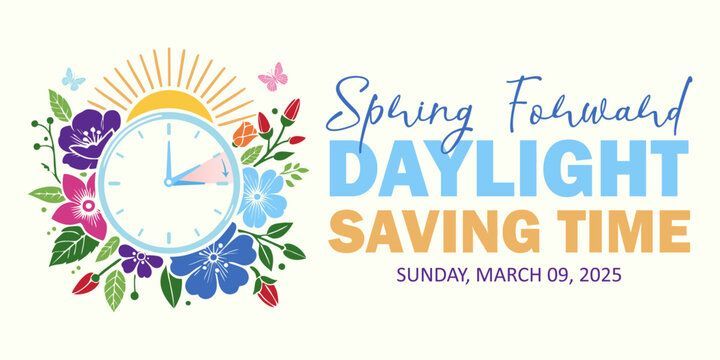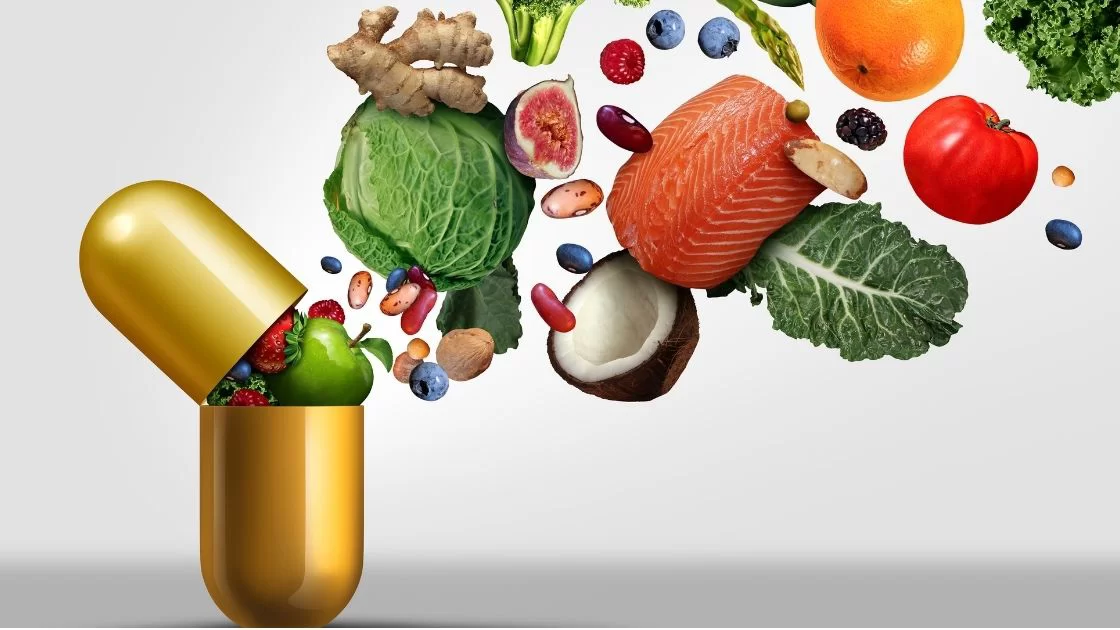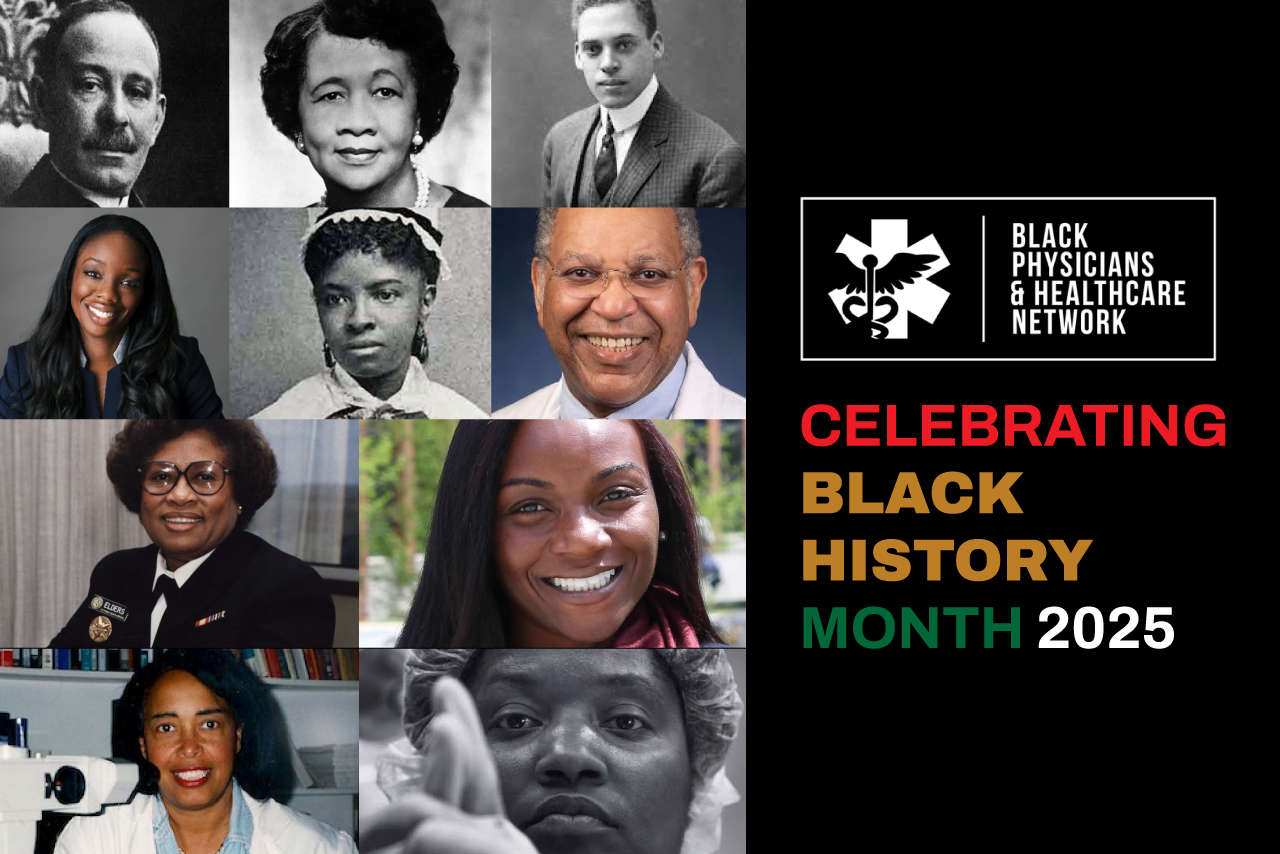7 Habits to Reduce Your Risk of Stroke: Advice from a Doctor
A stroke can happen suddenly, but the risk factors build up over time. In the Black community, the risk of stroke is nearly twice as high as in other groups, and strokes tend to occur at younger ages. However, the good news is that up to 80% of strokes are preventable. By adopting healthier habits, you can protect yourself and your loved ones. Here are seven doctor-recommended habits to reduce your risk of stroke.
1. Control Your Blood Pressure
High blood pressure is the leading cause of stroke, and it disproportionately affects Black adults. Regularly check your blood pressure and aim to keep it below 120/80 mmHg. Lifestyle changes such as reducing salt intake, exercising, and taking prescribed medications can help keep your blood pressure under control.
2. Manage Diabetes
Diabetes damages blood vessels and increases the likelihood of stroke. Many Black Americans are at higher risk for type 2 diabetes, making early detection and management crucial. Monitor your blood sugar levels, maintain a balanced diet, and stay active to help prevent complications.
3. Move Your Body Daily
Physical activity helps maintain a healthy weight, reduces blood pressure, and lowers blood sugar levels. Aim for at least 30 minutes of moderate exercise most days of the week. Walking, dancing, swimming, and biking are great ways to stay active while keeping it fun.
4. Eat Heart-Healthy Foods
A diet rich in fruits, vegetables, whole grains, lean proteins, and healthy fats can lower stroke risk. The DASH (Dietary Approaches to Stop Hypertension) and Mediterranean diets are great options. Reduce processed foods, fried foods, and excessive sugar to protect your heart and brain.
5. Quit Smoking & Limit Alcohol
Smoking damages blood vessels and doubles your risk of stroke. If you smoke, quitting is one of the best things you can do for your health. Excessive alcohol consumption can also raise blood pressure. If you drink, do so in moderation—no more than one drink per day for women and two for men.
6. Prioritize Stress Management
Chronic stress contributes to high blood pressure and poor lifestyle habits. Finding ways to manage stress—whether through meditation, prayer, deep breathing, or therapy—can improve overall health. Engaging in community activities or talking with trusted friends and family can also help.
7. Get Regular Check-Ups
Many stroke risk factors are silent, meaning you may not notice symptoms until it’s too late. Regular health check-ups can detect high blood pressure, diabetes, and high cholesterol early. Work with a healthcare provider to monitor your numbers and make necessary changes.
Always remember that your health is in your hands, and small changes can make a big impact. By taking control of your blood pressure, staying active, eating well, and managing stress, you can significantly reduce your risk of stroke. Encourage your family and friends to do the same. Let’s protect our community by prioritizing our health—one habit at a time.
Credit 7 Habits to Reduce Your Risk of Stroke, According to Doctors and Dietitians
https://www.eatingwell.com/habits-to-reduce-your-risk-of-stroke-11698358
















